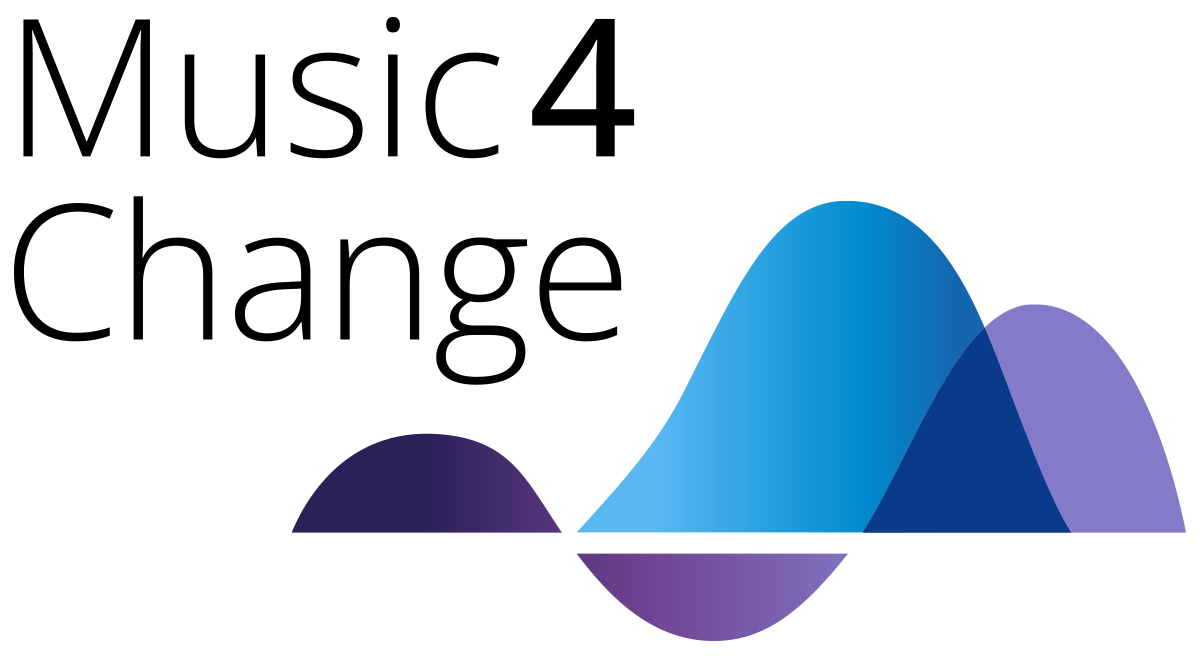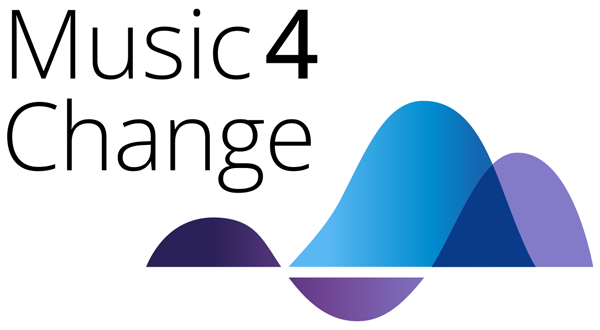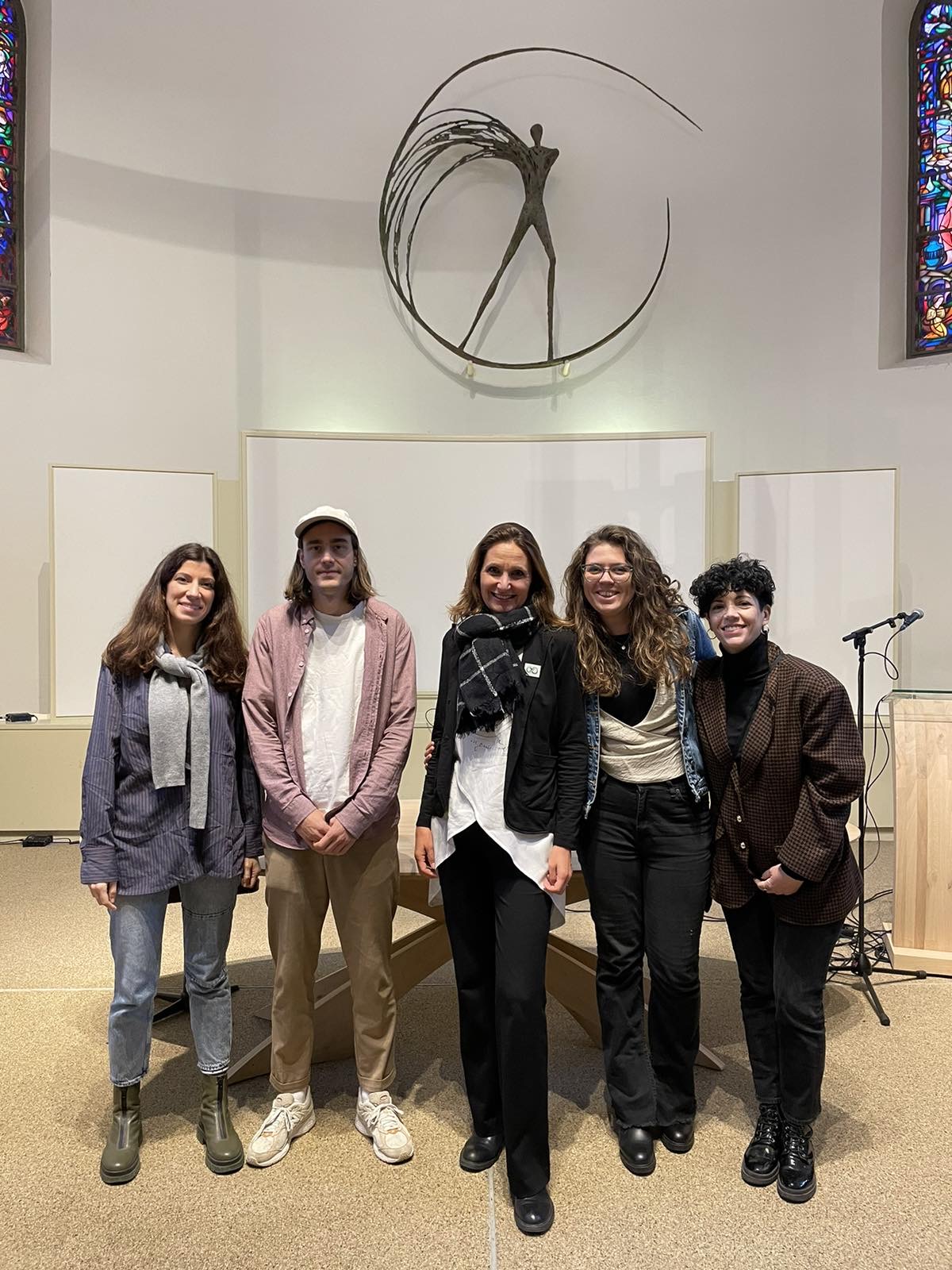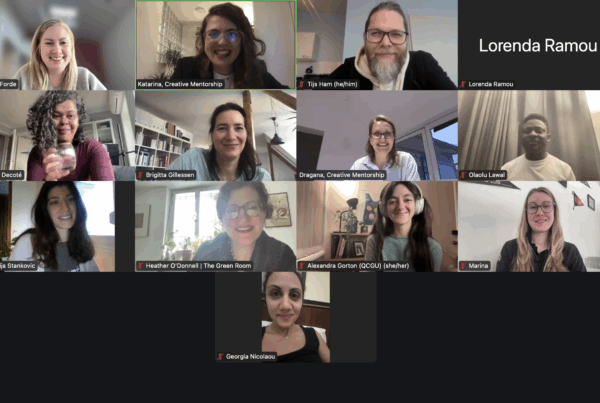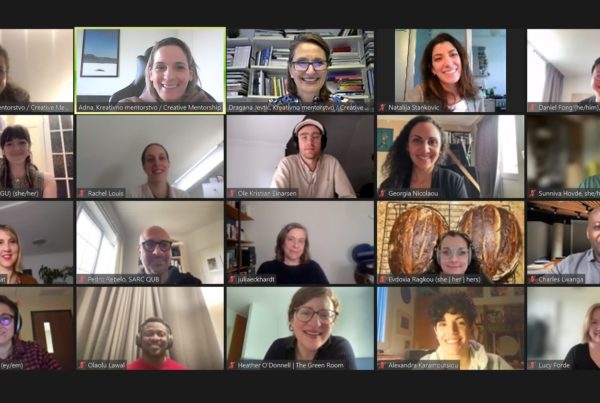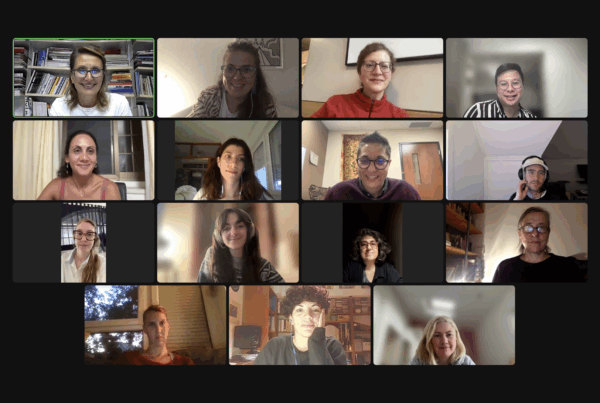The Creative Mentorship team participated in the International Research School held from November 6th to 8th, 2024, at the University of Groningen, which focused on sustainability in music education and research. The Creative Mentorship team presented their work titled “Encouraging Sustainable Musical Innovation through Mentorship: A Case Study of The Bridge Mentorship Programme”. The presentation examined how informal education and a mentorship approach can foster the development of original and sustainable musical ideas, positively impacting various aspects of music research and the formation of sustainable musical cultures and communities. By sharing examples of relevant projects developed by mentees with the support of their mentors, the team highlighted how mentorship can be a powerful tool for personal and professional growth in the music sector. Despite being designed for PhD students and postdoctoral researchers, the program’s non-academic and cross-sector approach provided participants with fresh perspectives and new avenues for development.
Three participants (mentees) of The Bridge Mentorship Programme — Ole Kristian Einarsen (Ph.D. Candidate, University of Bergen, Faculty of fine art, music and design), Natalija Stanković (PhD candidate at University of Arts in Belgrade, Faculty of Music, Music Theory department), and Alexandra Karamoutsiou (Artist-researcher/PhD candidate, Queensland Conservatorium Griffith University) — also attended the conference. Natalija and Alexandra took part in Creative Mentorship’s presentation and shared their experiences as mentees, emphasizing the impact of mentorship on their professional development and the potential of innovative mentorship approaches to drive positive changes in music research and practice.
The international gathering, titled Sustainable Cities and Cultures of Music, was organized as part of the Erasmus+ project Music4Change, where Creative Mentorship is a partner implementing The Bridge Mentorship Programme. Throughout the three-day event, participants had the opportunity to attend engaging presentations, workshops, sound walks, and academic sessions that explored innovative ways of connecting music, urban spaces, and sustainability. The sessions sparked new discussions on how music communities can contribute to creating more sustainable cities and how inclusive and sustainable musical practices can thrive in urban environments.


